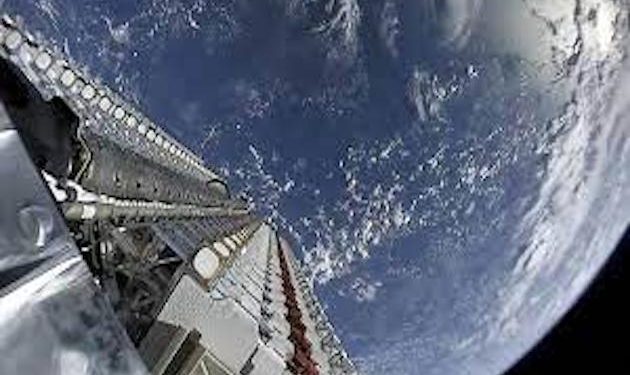- Starlink, the satellite internet arm of Elon Musk’s SpaceX, has said it is hoping to offer global internet coverage by this September
- The low-Earth orbiting satellite network, which is currently providing beta services in 11 countries, is planning to deploy a total of 12,000 satellites at a cost of $10 billion
- In May, Musk said that Starlink has received more than 500,000 preorders for its satellite-based internet service and foresees no technical issues in meeting the expected demand
HAWTHORNE, California: Starlink, the satellite internet arm of Elon Musk’s SpaceX, has said it is hoping to offer global internet coverage by this September.
“We’ve successfully deployed 1,800 or so satellites, and once all those satellites reach their operational orbit, we will have continuous global coverage, so that should be like September timeframe,” president Gwynne Shotwell told an online technology, as quoted by Reuters.
“But then we have regulatory work to go into every country and get approved to provide telecom services,” she added.
The low-Earth orbiting satellite network, which is currently providing beta services in 11 countries, is planning to deploy a total of 12,000 satellites at a cost of $10 billion, she added.
In May, Musk said that Starlink has received more than 500,000 preorders for its satellite-based internet service and foresees no technical issues in meeting the expected demand.
Meanwhile, the U.S. Federal Communications Commission has approved the SpaceX business plan to deploy satellites to provide high-speed broadband to people who currently lack internet access.
Besides Starlink, a growing number of companies are developing small satellites, including Amazon.com’s Kuiper, Britain’s OneWeb, venture capital-backed Planet and Raytheon’s Blue Canyon Technologies.






